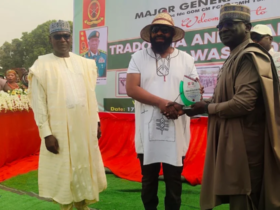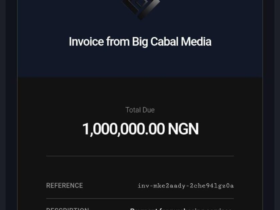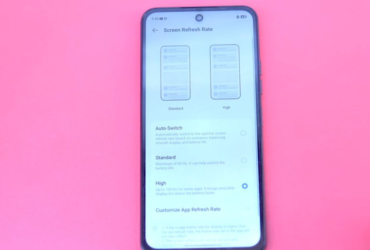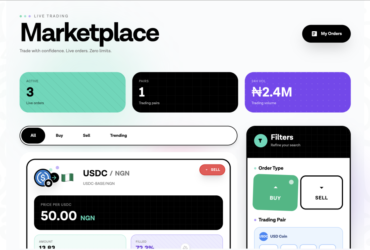This article was contributed to TechCabal by Ademola Adesina.
Since the COVID-19 pandemic, the world’s supply chains have faced uncertainties and even shortages of resources such as critical minerals and agricultural commodities. Multiple factors contribute to these circumstances, which are exacerbated by persistent global conflicts, low inventories, demand fluctuations, and rising costs. Reuters recently pointed out that global shortages in particular cause an average loss of $82 million annually to international companies.
The African informal sector is perhaps the most vital player in global market supply. Approximately 70% of African economies are informal, encompassing everything from artisanal miners to gig workers and small-scale farmers. These entrepreneurs are often underbanked, unregulated, and lacking access to capital, but their involvement in global markets is key to unlocking current and future supply chain bottlenecks for a wide range of goods. A recent article in The Economist underscored the world’s reliance on small, artisanal miners for critical mineral supply chains.
Critics often view the informal economy as a symptom of regulatory and economic failure, associating it with lower wages and lack of social security. However, this perspective overlooks the essential role the informal sector plays in alleviating unemployment, enhancing livelihoods, having local insights unavailable to larger, formalised firms and providing goods and services where formal businesses may not reach. Instead of sidelining these economic activities, we should focus on empowering and formalising them in a way that preserves their resilience and enables their contributions.
Sabi is proud to bridge gaps and facilitate meaningful connections that create value across the e-commerce ecosystem. Our work has included enabling a distributor to sell FMCG goods to last-mile retailers, connecting a lithium refinery in Indiana with African minerals suppliers, and lining a Nigerian cocoa aggregator with European chocolate producers.
Important work remains, however, in empowering and supporting the informal sector and involving them more deeply in e-commerce activities on the continent.
As leaders, entrepreneurs, and global partners look to the future of supplying the world’s demand for African goods and commodities, here are concrete ways to achieve your goals by supporting the informal sector:
Responsible engagement: Responsible engagement with the informal sector means creating pathways for formalisation that respect the uniqueness of these businesses while offering them the benefits of formal economic activity such as greater access to finance, protection under the law, and the ability to scale. Technology platforms like Sabi, which I co-founded, are already on this path. We enable informal and semi-formal businesses to access larger markets, improve their operations, and connect with necessary services and resources. Such enablement not only boosts their productivity but also integrates them into the global economy, making supply chains more robust and diverse.
Empowerment: Empowering the informal economy can significantly address global supply chain vulnerabilities exposed by recent crises like the COVID-19 pandemic. By formalising small and informal businesses, we can diversify sources of production and distribution, reducing the strain on overburdened supply systems and creating more resilient economic structures. This diversification is essential not just for Africa but for the global economy, mitigating risks of shortages and fostering more stable supply flows.
Aligning incentives: Sabi helps informal merchants and artisanal suppliers grow their businesses, but we also help them understand the needs of the global markets. For many large companies, traceability equals transparency and is a requirement to engage suppliers. For others, sustainable practices – such as ethical sourcing, community development, and training for small farmers – are key. Sabi’s partnership work in the Oyo State of Nigeria points to path-breaking work that provides small farmers with the tools and support they need to operate sustainably and profitably.
Broadening access to finance: For small and medium-sized entrepreneurs in the informal sector, access to credit and financial services is often the biggest barrier to scaling operations. Extending access to credit through technology and fintech platforms can be a good place to start. Sabi Market offers an API through its fintech platform, Katsu, that can be tailored to individual companies and their needs.
Africa’s informal economy is a testament to the continent’s entrepreneurial spirit and capacity for innovation. By embracing and responsibly empowering these informal sectors, we not only drive economic growth in Africa but also contribute to solving some of the world’s most pressing economic challenges.
Let us recognise and harness this potential, not as a challenge to be managed, but as an opportunity to be celebrated and elevated. This is not just the path to economic recovery—it is the road to a thriving, inclusive economic future for Africa and beyond.
_________
Ademola Adesina is the Co-Founder of Sabi, a company dedicated to transforming the African marketplace through innovation and technology. Sabi blends global reach with local insights to connect African markets with each other the rest of the world.














Leave a Reply